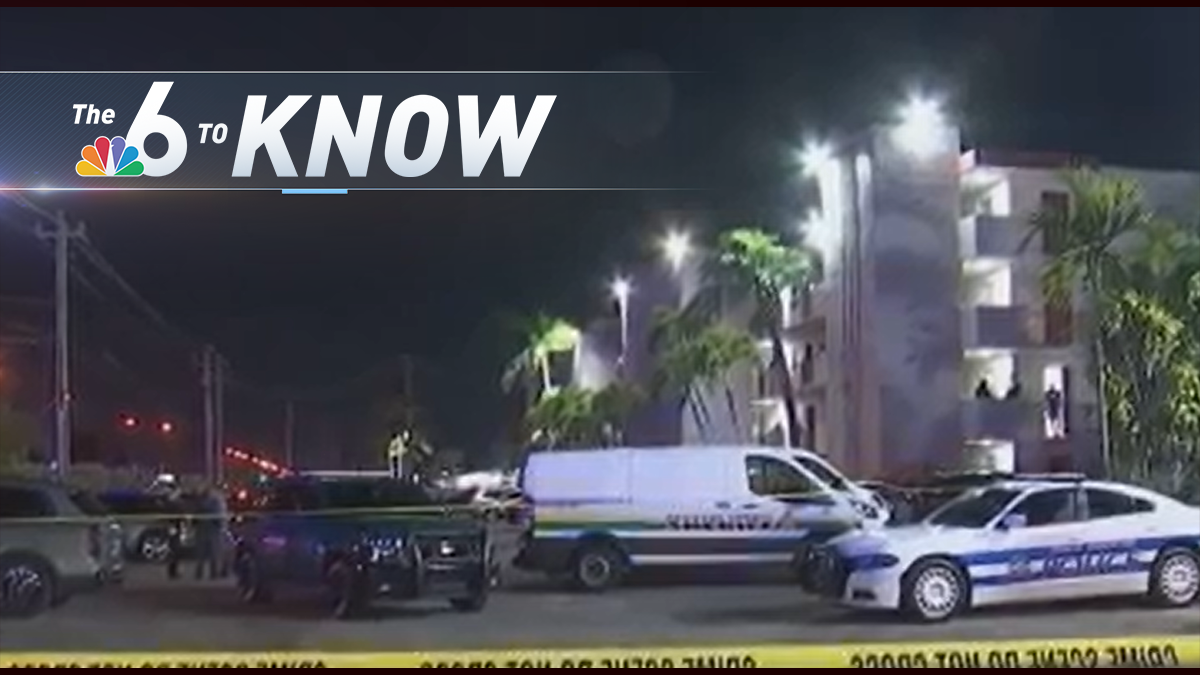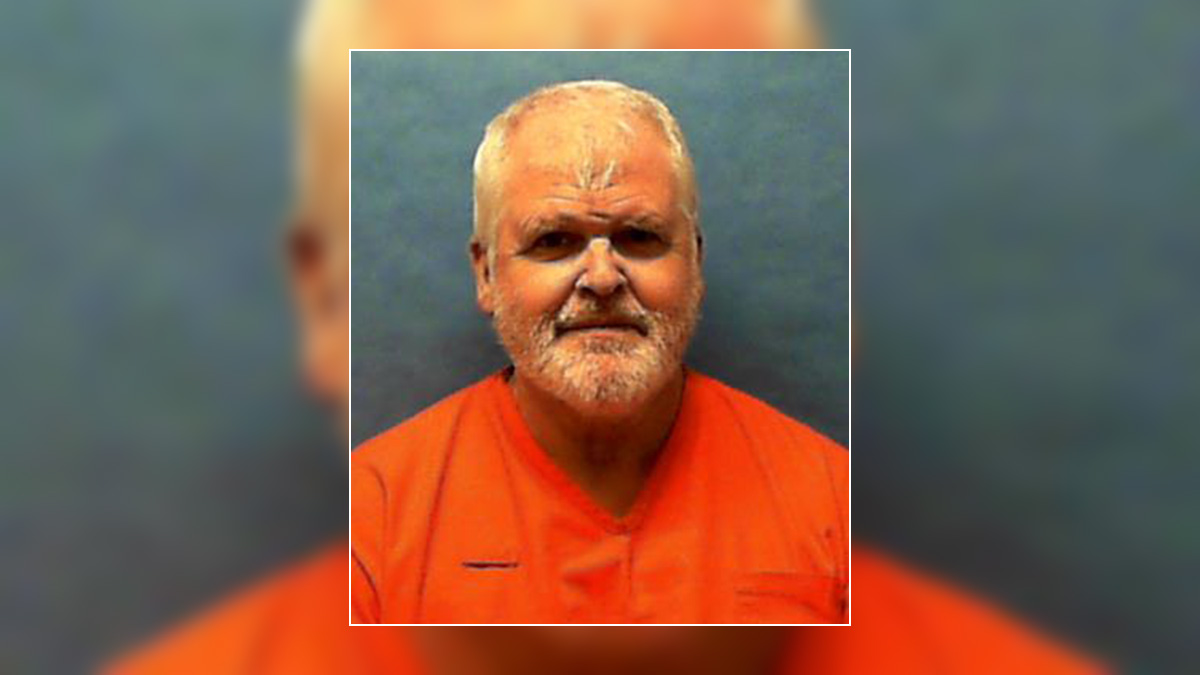Posting intimate pictures of somebody else isn’t just mean — it can be an illegal exposure. NBC 6 Investigator Tony Pipitone reports.
What may begin as a fun or flirty text or email containing intimate pictures or video can quickly become a humiliating experience for those depicted —and even a crime, for someone sharing them without permission.
So called-revenge porn – or what experts call, nonconsensual pornography – is a Florida misdemeanor, called sexual cyber harassment. It's been charged 21 times in Miami-Dade and Broward counties since 2016.
Among those charged is Jessica Gomez Garcia, who allegedly accessed five photos and a video of her estranged husband's girlfriend and sent them on Facebook and by email to dozens of her husband's friends and family.
She has pleaded not guilty, is awaiting trial and did not return a call seeking comment.
But the girlfriend whose pictures and video were distributed said she wants her held accountable.
"You know what? I believe in justice and I want justice for myself," she told the NBC 6 Investigators. "I was very angry, and humiliated as well … It could damage my whole life, my entire career, everything."
But when she called police, she said it took a while for patrol officers to realize what she was reporting could even be a crime.
Local
"First they said they could not do anything at all. They just were going to go into her house and tell her to take out the pictures," she recalled.
FIU psychology professor Asia Eaton, with the Cyber Civil Rights Initiative, said while the law is a good one, it could be better; specifically, she wants to repeal the requirement that the state prove the sender of nonconsensual pornography intended to cause substantial emotional distress.
"Perpetrators need to better understand that whether or not you intend to harm someone when you're distributing this, harm is done," she said.
She also said the law should be expanded beyond just material posted on websites to also include text message and emails.
"In fact we found the most common way that nonconsensual porn is perpetuated is via text message," Eaton said. "This is a gaping hole in the law that needs to be fixed."
But one man who's charged and pleaded not guilty says the law is already stacked against the suspect.
Lavoris Johnson, 35, is accused of posting his ex-girlfriend's private sex video on Instagram, where her teenage sons saw it.
"Women lie so that's what it is," he said in an interview. "Well, I didn't send it so, they'll believe anything a woman say, so. It is what it is."
What it is, is an alleged first-degree misdemeanor.
We found prosecutors in Miami-Dade and Broward used the charge 21 times since 2016, with 18 of those cases resolved.
Half of them ended in conviction or probation – the other half dismissed, a dismissal rate much higher than for all misdemeanors in those counties.
Johnson is hoping to join those in the latter category.
"That's everyday life," he said. "People get accused for anything they didn't do."
Asked why his ex-girlfriend would lie, he replied, "I don't know. Out of revenge, out of spite? Women lie, man. They're nasty nowadays, man."
But the alleged victim in Gomez Garcia's case said the facts are clear. She learned her images were shared after her boyfriend's father saw them on Facebook.
And so are the lessons, she said: "Do not share anything with anyone."
If it's too late – photos are out there – the Cyber Civil Rights Initiative has a webpage where you can learn how to get the images taken down and consider other legal options.



